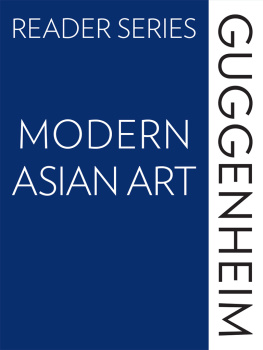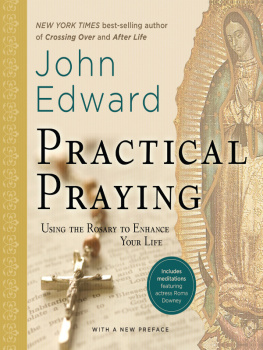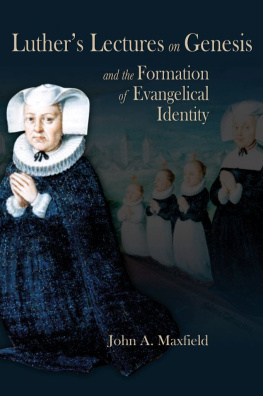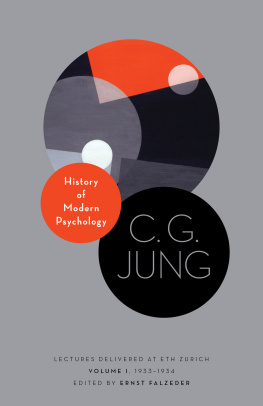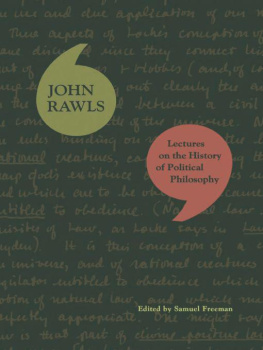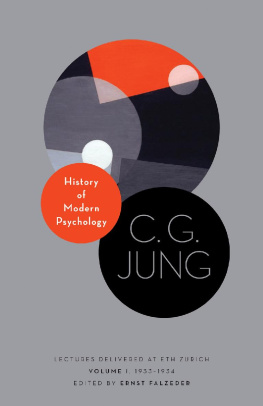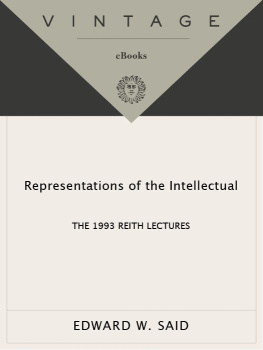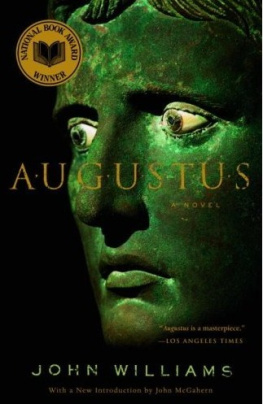INTRODUCTION LORD ACTON AS PROFESSOR
It was announced in February 1895 that John Emerich Edward Dalberg Acton, first Baron Acton, had been appointed to the Chair of Regius Professor of Modern History at Cambridge in succession to the late Sir John Seeley, who had held the office for upwards of a quarter of a century. Of the achievements of Actons six years tenure of the post, the present volume, together with that forthcoming on the French Revolution, will form the chief, though not the only monument. To those who found in the teaching of the late Professor inspiration as well as knowledge, the Lectures now published will serve at once to heighten and to relieve the sense, still so fresh, of personal loss. To the many friends and scholars who had known him in other spheres or for a longer space, they will be a fitting memorial of Actons greatness in the realm of his unchallenged preeminence. Of all the previous occupants of the chair none is to be named with Acton for a career unique in interest, variety, and pathos.
Pathos indeed there was. The note was struck in the first phrases of the Inaugural Lecture. It was perhaps not unfitting that the severest rebuke to Anglican intolerance in the past should come from a man whose indignation knew no measure for the spirit of persecution within his own communion. Throughout those years at Cambridge, from the pregnant address Fellow Students! which prefaced his Inaugural, Acton bore the manner of one who was after many tempests in the haven where he would be. No one who reverenced so deeply the scholars calling could fail to be proud of this final if belated recognition of his rightful place as a scholar among scholars. But there were other things of which he was proud. His delight in finding himself a Cambridge man, his feeling for the College which adopted him and made him an Honorary Fellow, his interest in the young, even his pleasure in his rooms in Neviles Court, were the symbol of what he had lacked in early days, and of the fact, elsewhere noted by himself, that he never had any contemporaries. The result was seen in his willingness to take part in labours sometimes deemed beneath professorial dignity, and in that freshness of sympathy with which he would enter into the mind of the youngest pupilsprovided only they recognised that History was a goddess, not a plaything. Perhaps also it was shown in his keen desire to know everything about people, for Actons interest in human beings was no less piercing than his love of books.
In this place, it is bare justice that the impression made by Acton upon Cambridge should be decisively recorded. This is the more needful, because there has been in some quarters a tendency to belittle the activity of the late Professor, a tendency which indicates the same limited intellectual horizon as the denial that he was a historian. As a matter of fact, when we remember that Acton came to Cambridge at the age of sixtyone; that he bore within him the scars of an arduous and unsuccessful conflict; that he was not, and, with his conception of history, could not be a recluse; that he was familiar neither with teaching nor examining, much less with administration; that his effective tenure of his office was only six years, we ought to be amazed alike at the quantity of his achievement and the quality of his activity.
There are three fields which form the province of a University Professorteaching, the organisation of his department, and research. Under present conditions a professor of history who does nothing but research leaves unfulfilled half the duties of his office. As Mill said of the House of Commons, his business is not so much to do things as to get things done. He must take his place as head of a school and strive to guide the thought and work of younger students, besides inspiring a larger public by means of lectures. The latter are, indeed, now an imperative duty, and no future occupant of the chair is likely to imitate the enthusiasm of Gray, Regius Professor in the mideighteenth century, who was thought to have shown unwonted conscientiousness in spending four years gathering material for an Inaugural, although he died without delivering or even writing it. On the other hand, the Professor should not limit his efforts to preparing undergraduates for a coming tripos. Acton fulfilled his task to perfection. His Lectures were not either in delivery or substance adapted to the assiduous notetaker; they might suggest, they would never diminish, the need of reading. They were not so much a mine of instruction as a revelation of the speakers personality. Despite all his impartiality, his ideals were plainly evident, both in the matter and in the form of what he said; and not merely his ideals, but the intensity with which they possessed him. One of his hearers has recorded these impressions:
There was a magnetic quality in the tones of his voice, and a light in his eye, that compelled obedience from the mind. Never before had a young man come into the presence of such intensity of conviction as was shown by every word Lord Acton spoke. It took possession of the whole being, and seemed to enfold it in its own burning flame. And the fires below on which it fed were, at least for those present, immeasurable. More than all else, it was perhaps this conviction that gave to Lord Actons Lectures their amazing force and vivacity. He pronounced each sentence as if he were feeling it, poising it lightly, and uttering it with measured deliberation. His feeling passed to the audience, which sat enthralled. It was in truth an emotional performance of the highest order, his lecture; a wonderful work of art, such as in all likelihood will never again be witnessed.
From the first his Lectures were crowded. It must be admitted that in the audience there were some who were not serious students. But it may be questioned whether any one who heard even a single lecture could go away quite unimpressed. No one could fail to see how the speakers mind was possessed with the greatness of human affairs, with the moral (or immoral) aspects of political and ecclesiastical dexterity; above all, with the final supremacy of the soul over circumstance, as the real ground for asserting the sacredness of truth and the inalienable glory of Liberty. It was this sense of the fundamentally spiritual nature of his work which formed the distinction, the difficulty, and the triumph of Acton. His high seriousness gave him the influence which, despite all detraction, he unmistakably wielded. For Machiavelli is more than the bane of politicians. His principles are the eternal snare of those who investigate their actions; while a flippant cynicism is the common homage paid by youth to the duty of reflection. Now no hearer, however intelligent, no student, however antisentimental, could fail to find in Actons austere judgments, in the dignity of his language, in the tones of his voice, a warning against any treatment of history that was mean or utilitarian, and any view of human nature that demands of it less than may become a man.
But it was in the direction of the school that Acton showed himself most markedly successful. Everything in his previous life appeared to point the other way. It might have been expected that he would withdraw from this part of his duties and become purely a man of the study, with neither desire nor capacity to influence his colleagues or to stir up interest in history among undergraduates. The very reverse proved the case. Probably no Professor was ever more accessible. He was willing to give advice to any one, and nobody who consulted him went empty away. If any student went to him for information he would be told more than he supposed his question to involve; and would probably find on his arrival home that Actons servant had preceded him with a pile of books in half a dozen languages, and a note stating that more would follow. It was all one to him, whether his energies were spent in understanding an undergraduates difficulty or laying down the lines of a Fellowship Dissertation, or advising a lecturer, or suggesting authorities to a contributor. He was never too busy to write a list of books; never too bored to answer a question, and perhaps it may be addednever too serious to pay a compliment with an edge.



